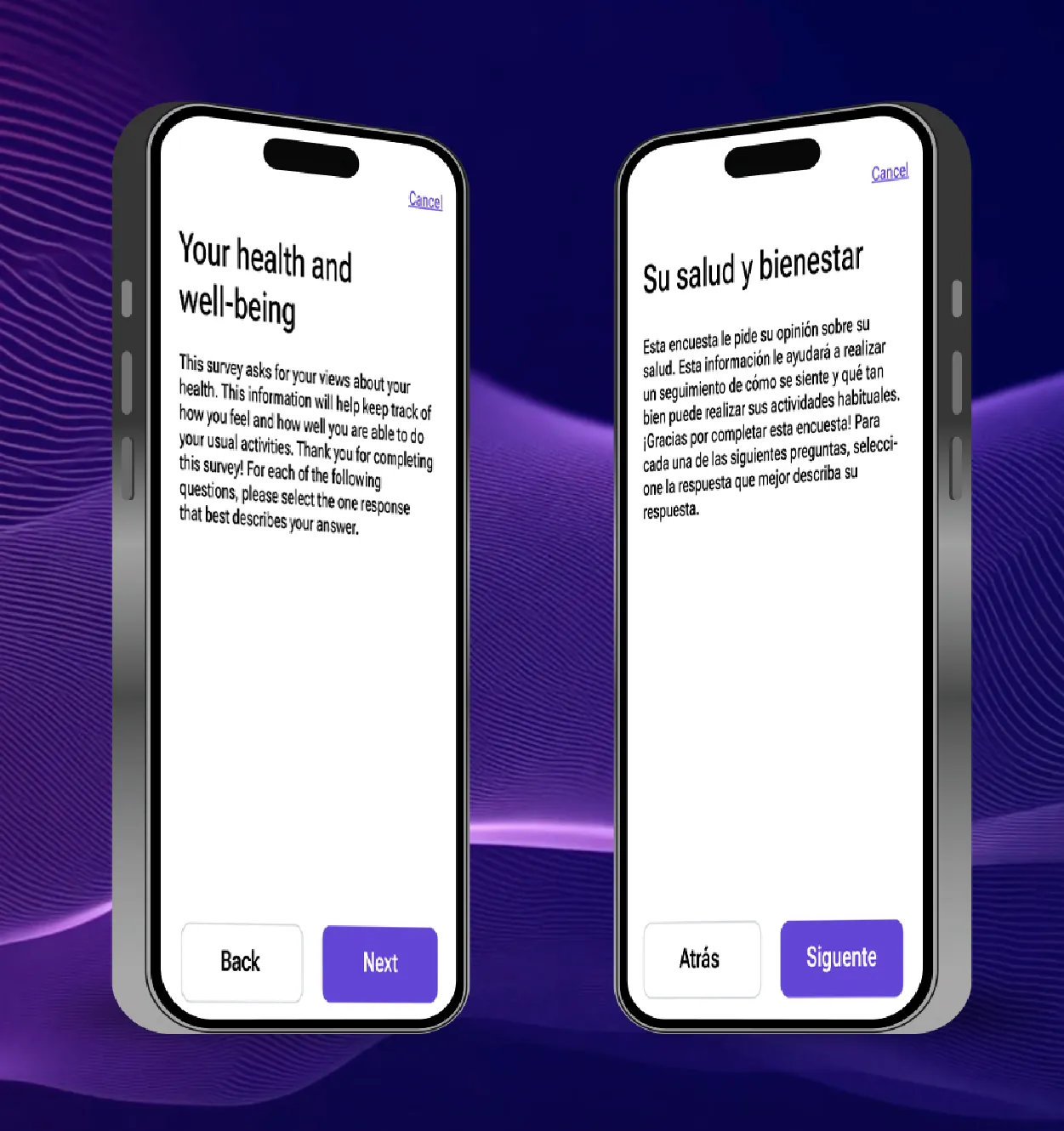White Papers, Case Studies, Reports


Driving a high-adherence LTFU trial without an EDC
Learn how Medable powered a decade-long, global long-term follow-up (LTFU) obesity study, achieving an impressive 97% patient retention rate without using a traditional EDC system all while delivering a compliant, scalable, and cost-efficient solution.


Eliminate clinical trial white space with the right AI strategy
It has become clear that our industry has reachedthe limits of human-only clinical development. As clinical trials have become increasingly complex, the endeavors that people alone can perform are no longer sufficient to generate the momentum needed to address the growing burden of human disease. This has led to longer drug development timelines and significant delays for patients. One large are of lost time is “white space,” definied simply as unproductive time caused by manual, sequential processes and fragmented data systems. Thankfully, a solution lies in agentic AI and its abilities to perform series of tasks.


Roadmap to adopting AI agents
The successful integration of AI agents in enterprise operations requires a balanced, deliberate approach. Drawing from recent research in Strategic Integration (SI) and agentic AI adoption within large enterprises, the following best practices help maximize value, manage change effectively, and mitigate common pitfalls. Medable Agent Studio specifically streamlines this process by providing robust tools, no-code simplicity, and built-in compliance and security standards.


Guidance for using AI agents effectively
AI agents can play a range of roles, from acting as intelligent collaborators alongside people to independently executing entire workflows. Rooted in the principles of agentic AI, they excel at reasoning through problems, self-directing activities, and adapting to evolving contexts. Whether deployed to support individuals or to autonomously carry out operational tasks, agents enhance productivity, decision-making, and overall efficiency across a broad spectrum of use cases.


An overview of Agent Studio
Agent Studio reimagines the clinical trial lifecycle, automating slow, manual processes, removing barriers in the clinical process, and introducing new ways to achieve clinical goals like never before. This first-of-its-kind, AI-powered, no-code platform lets you deploy ready-to-go agents trained as clinical development experts or create bespoke ones using your own data and expertise, unlocking endless possibilities.


Rewriting the Future of Clinical Trials: AI, Agility, and the Portfolio-First Mandate
In a rapidly changing research landscape, leaders at Takeda, Novartis, Sanofi, Daiichi Sankyo, and Medable share firsthand insights into how artificial intelligence is reshaping clinical trial operations.
This exclusive whitepaper explores how forward-thinking organizations are reimagining trial design, execution, and scaling to meet the demands of speed, precision, and patient-centricity across their entire portfolio.


Case study: Removing translation bottlenecks with AI
Traditionally, translations and language migration create significant bottlenecks on the path to trial study go-live. The process is traditionally manual, linear, and resource intensive. To address these challenges, Medable partnered with Lionbridge, a leading translation services company to compare the status quo translation process against an AI-enabled approach powered by both companies’ proprietary new AI tools.


Case Study: Medable, CRO, & pharma partner to accelerate clinical trial deployment at scale
A top-3 contract research organization (CRO) and a top-10 pharmaceutical company partnered with Medable to help accelerate the speed, scale, and standardization of their eCOA trials.
The two organizations had been hampered by lengthy configuration timelines, inconsistent designs across studies, and siloed processes between sponsors and their CRO partners.
By centralizing the sponsor’s preferred instruments and configurations into a reusable digital library, Medable enabled the CRO to rapidly accelerate its portfolio development and initiate new studies without starting them “from scratch.”
Complete the form to get your copy of the case study and see how we enable rapid acceleration for CROs.


Accelerating oncology research: Digital strategies for modern clinical trials
Learn how digital tools ease oncology research for all stakeholders while accelerating the pace of research with this whitepaper.


Case study: Medable reduces trial build from weeks to days
A top global clinical research organization (CRO) partnered with Medable to transform its approach to clinical trial building. Recognizing the inefficiencies in traditional build processes that often “take weeks,” the client leveraged Medable’s Studio platform with its latest AI capabilities to dramatically accelerate timelines, enhance transparency, and improve quality.


Case study: Setting a new client standard in study closeout timelines
A top-10 global pharmaceutical company partnered with Medable for their pivotal Phase III diabetes study in the highly competitive market. Recognizing the inefficiencies in traditional study delivery and closeout processes, the company leveraged Medable’s expertise to accelerate timelines, enhance operational efficiency, and achieve a faster time to market for this high-profile therapy.


AI in Clinical trials - Key insights from industry experts
When OpenAI unveiled ChatGPT in November 2022, it ignited unprecedented interest in artificial intelligence. Three years later, generative AI and machine learning have caused seismic shifts in industries worldwide. The pharmaceutical industry is not left out of this shift, with Roots Analysis reporting that they expect AI within clinical trials to grow at a compound annual growth rate of 16% through 2035. This growth is driven by belief in AI’s unique ability to process and analyze massive datasets at groundbreaking speeds, identifying patterns and generating insights that would be impossible to discover through traditional methods. By leveraging these capabilities, pharmaceutical companies hope to fundamentally reimagine core aspects of clinical trials, from initial design through final data analysis.


Case study: Medable beats forecasted FPI date while raising eCOA adherence in Japan
A top-10 global pharmaceutical company aimed to address eCOA adherence and patient enrollment challenges faced by clinical trial sites and participants in Japan.
Recognizing Japan’s distinct regulatory, cultural, and logistical landscape, the company partnered with Medable todevelop an initiative to enhance the region’s patient and site experience.

.webp)
